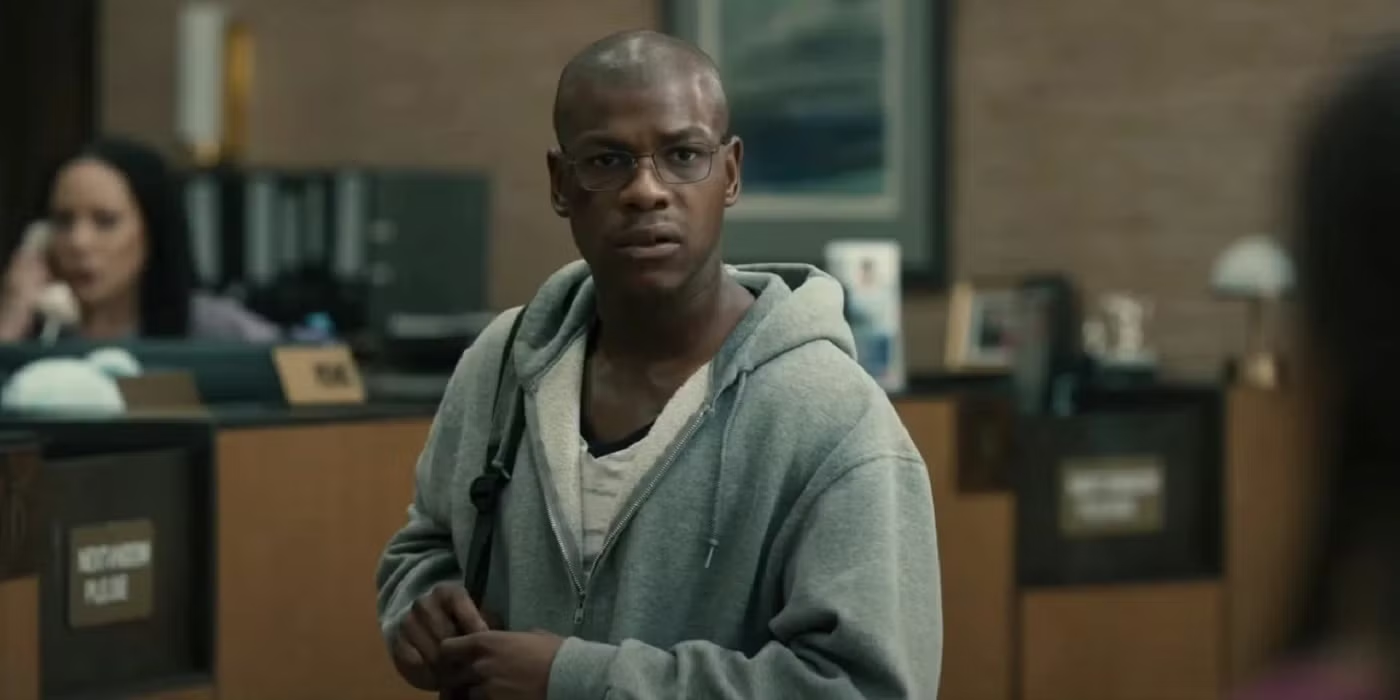Brian Brown Easley’s name resonates with many, reflecting a story filled with struggles, resilience, and a quest for justice. Though marked by challenges, his life embodies the human spirit’s fight for dignity and recognition. In this article, we’ll explore Brian Brown Easley’s background, his experiences, and the broader implications of his story on mental health and the justice system.
Understanding the Man Behind the Name
Brian Brown Easley’s life was shaped by various circumstances, both personal and societal. Born and raised in the United States, his early life lacked hardship. He faced several obstacles that would significantly affect his later actions and decisions.
Early Life and Background
- Birthplace: Brian was born in a modest neighborhood, where he navigated the complexities of growing up with limited resources.
- Family Dynamics: His family faced various challenges, including financial instability and familial discord, which impacted his development and self-esteem.
- Education: Despite the struggles, Brian showed promise in school. He was known for his intelligence and charisma, traits that his battles would later overshadow.
The Struggles with Mental Health
One of the defining aspects of Brian Brown Easley’s life was his struggle with mental health issues. Understanding these challenges is crucial to comprehending his actions and the unfolding events.
Mental Health Issues
- Diagnosis: Brian was diagnosed with PTSD, a condition that often stems from traumatic experiences. This diagnosis played a pivotal role in shaping his worldview.
- Impact on Life: His mental health struggles affected his relationships, employment opportunities, and overall quality of life.
- Stigma: The stigma surrounding mental health prevented Brian from seeking the help he needed. Many individuals in similar situations can relate to his struggles, highlighting the importance of awareness and understanding.
The Journey to Seeking Help
Brian’s journey toward seeking help was fraught with obstacles. His story highlights the systemic issues faced by many seeking mental health support.
- Barriers to Access: Limited access to mental health services often leaves individuals like Brian feeling isolated and hopeless.
- Failed Attempts: Despite his efforts to seek assistance, Brian encountered barriers that prevented him from receiving the help he desperately needed.
- Isolation: His community’s lack of support further exacerbated his despair.
The Turning Point: An Unfortunate Decision
The culmination of Brian Brown Easley’s struggles led to a turning point in his life that would garner national attention. This moment not only impacted his life but also raised awareness about mental health issues and the criminal justice system.
The Incident
On a fateful day, Brian made a decision that would change everything. In an act of desperation, he walked into a bank and attempted to take hostages, demanding to speak with someone about his situation. This moment, filled with tension and fear, was not simply about a robbery but highlighted a cry for help from a troubled individual.
- Motivation: Brian’s actions were driven by his helplessness and despair. He sought to draw attention to his plight and the broader issue of mental health in society.
- Immediate Consequences: The situation quickly escalated, leading to a standoff with law enforcement. The media began to cover the incident, bringing Brian’s story to the forefront.
The Media’s Role and Public Perception
The media played a significant role in shaping public perception of Brian Brown Easley. As news outlets reported on the incident, various narratives emerged.
Coverage and Misrepresentation
- Headlines: Many headlines sensationalized Brian’s actions, focusing on the dramatic aspects of the standoff rather than the underlying issues.
- Public Reaction: The public’s reaction was mixed, with some expressing empathy for Brian’s struggles while others condemned his actions without understanding the context.
- Mental Health Advocacy: The media attention also sparked conversations about mental health, highlighting the need for greater awareness and understanding of these issues.
The Aftermath
In the aftermath of the incident, Brian faced severe consequences. The criminal justice system’s response raised critical questions about how society handles mental health crises.
- Legal Ramifications: Brian was charged with multiple offenses, leading to a lengthy legal battle.
- Impact on Mental Health Awareness: His story opened the door for discussions about mental health in the context of the criminal justice system, emphasizing the need for reform.
The Broader Implications of Brian’s Story
Brian Brown Easley’s story is not just about one individual; it represents a more significant societal issue that affects many people. The implications of his life and actions reach far beyond his personal experience.
Mental Health and Society
- Need for Awareness: Brian’s struggles highlight the urgent need for increased awareness and understanding of mental health issues.
- Stigma Reduction: Addressing the stigma surrounding mental health can help individuals feel empowered to seek help without fear of judgment.
- Access to Services: There is a critical need for improved access to mental health services, especially for marginalized communities.
The Criminal Justice System
Brian’s story raises important questions about the intersection of mental health and the criminal justice system.
- Reform Needs: There is a growing call for reforms that address how individuals with mental health issues are treated within the justice system.
- Alternative Approaches: Implementing alternative approaches, such as mental health crisis intervention teams, can lead to better outcomes for individuals in crisis.
Lessons Learned from Brian Brown Easley’s Life
The story of Brian Brown Easley teaches us valuable lessons about empathy, understanding, and the importance of community support.
Building a Supportive Community
- Community Engagement: Engaging communities in discussions about mental health can foster a more supportive environment for needy individuals.
- Empathy and Understanding: Learning to empathize with those struggling with mental health can lead to more compassionate responses to their situations.
Advocacy and Action
- Advocacy: Brian’s story emphasizes the importance of advocacy for mental health awareness and reform.
- Taking Action: Individuals and communities can take action by supporting local mental health organizations and promoting awareness initiatives.
Conclusion: Honoring Brian Brown Easley’s Legacy
Brian Brown Easley’s life and story are potent reminders of the struggles many face when dealing with mental health issues. We can work towards a more compassionate and supportive society by understanding his journey.
As we reflect on Brian’s experiences, let’s commit to fostering understanding, reducing stigma, and advocating for the necessary changes to ensure everyone can access the help they need. Brian Brown Easley’s legacy is not just about his struggles; it’s a call to action for all of us to make a difference in the lives of others.
In conclusion, Brian Brown Easley’s story is a profound narrative that urges us to acknowledge the complexities of mental health and the societal systems that impact individuals in crisis. Through understanding, advocacy, and community support, we can honor Brian’s legacy and work towards a brighter, more inclusive future for all.




